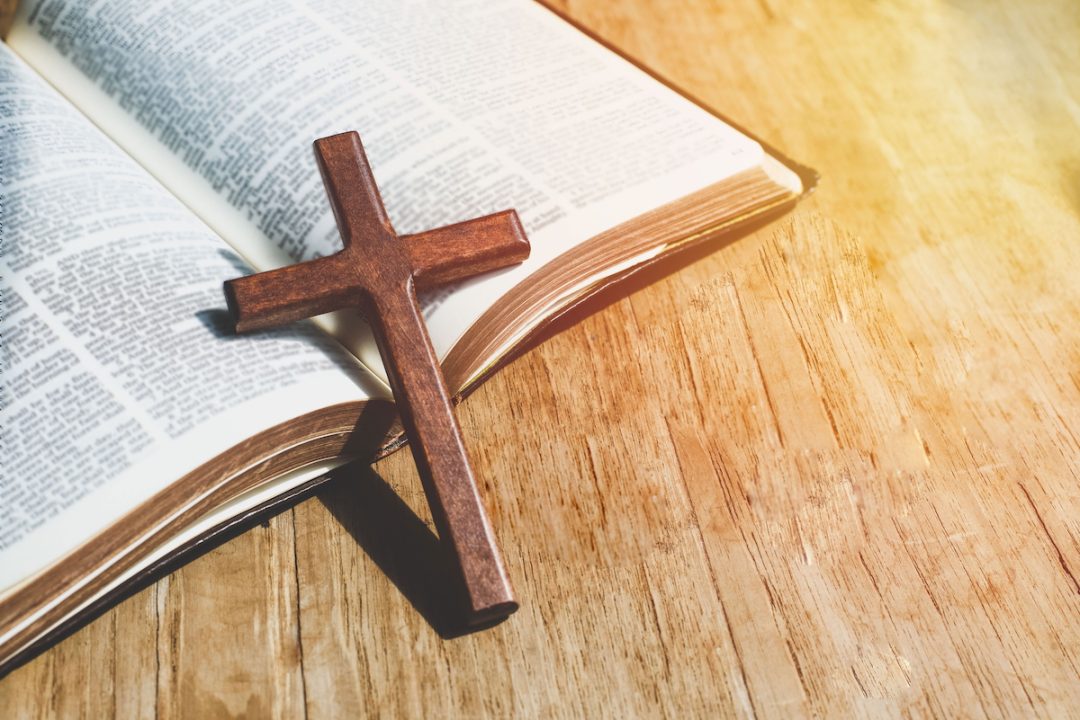
Maundy Thursday — reverently known also as Holy Thursday or Sheer Thursday — stands as one of the most sacred observances in the Christian calendar. It marks the eve of Christ’s Passion, the night on which two of the most humbling and holy events unfolded: the washing of the disciples’ feet and the institution of the Last Supper.
Falling within Holy Week, Maundy Thursday is situated between Holy Wednesday and Good Friday. Together with Holy Saturday and the glorious celebration of Easter Sunday, these days retrace the final earthly footsteps of Jesus of Nazareth, culminating in His crucifixion and triumphant resurrection.
What Does “Maundy” mean?
The word Maundy is derived from the Latin mandatum, meaning “command” or “mandate,” drawn from the words of Christ Himself as recorded in John 13:34: “A new commandment I give to you, that you love one another; as I have loved you, that you also love one another.” In the Latin Vulgate, this is rendered novum mandatum do vobis. Thus, Maundy Thursday recalls not only the events of that hallowed night, but also the divine command issued by the Savior — a sacred summons to brotherly love, born not of sentiment but of service.
The Washing of the Feet: The Lord as Servant
In what is perhaps the most poignant gesture of humility ever recorded, Jesus, the Son of God and rightful King of Heaven and Earth, stooped to wash the feet of His disciples. In the ancient Near East, such a task was reserved for the lowliest servant. Sandals and dusty roads made foot-washing a matter of necessity, and hospitality demanded it. But for the Lord Himself to gird Himself with a towel and cleanse the feet of His followers? This was no mere courtesy. It was a declaration: “If I then, your Lord and Teacher, have washed your feet, you also ought to wash one another’s feet.” (John 13:14)
That night, in the upper room, Christ taught not with thunder and trumpet, but by the silent, sacred symbolism of water and towel. Christians through the centuries have understood this act to mean more than mere service — it is a sign of the spiritual cleansing Christ offers, and a call to all who claim His name to imitate His humility.
Today, in churches throughout Christendom, this ritual is reenacted. Priests kneel before parishioners, bishops before the faithful, to remind us that no title, no rank, no station, exempts a follower of Christ from the obligation to serve.
The Last Supper: Communion and Covenant
That same evening, gathered at table with the Twelve, Jesus broke bread and passed the cup — simple elements that became the enduring symbols of the New Covenant. “This is My body, given for you…. This cup is the new covenant in My blood.” (Luke 22:19–20)
It was their last supper together, but it became for all time the first Eucharist — a sacrament of remembrance, sacrifice, and spiritual sustenance. From that night forward, Christians have assembled in solemnity to partake of bread and wine, recalling the Lamb who gave Himself for the life of the world.
While scholars debate the precise date — some placing it on April 1, 33 A.D. — the significance of the event transcends the calendar. It is not merely a historical moment, but a living memorial that unites believers in every age in a fellowship of grace.
Royal Traditions and Modern Observance
In the United Kingdom, Maundy Thursday carries a distinct royal tradition. Since the Middle Ages, British monarchs have marked the day with the distribution of Maundy money — alms given to the elderly in recognition of service and piety. These ceremonial coins, minted in silver and equaling the monarch’s age in pence, are symbols not of political power, but of Christian charity, echoing the ancient practice of washing the feet of the poor.
Though modern monarchs no longer kneel to wash feet, the spirit of the act remains: A king serves, not by decree, but by generosity, recalling the greater King who knelt with towel and basin.
The Mandate of Love
Maundy Thursday calls every Christian back to first principles: humility, sacrifice, and love. It is a day to remember that the command to “love one another” was not a suggestion, but a mandate sealed by divine example. It is a reminder that true greatness lies not in being served, but in serving. And it is a summons to the table of the Lord, where bread and wine speak eternal truths — of brokenness made whole, of blood that redeems, and of a Kingdom not of this world.
As we reflect upon this sacred day, may we be stirred anew by the Savior’s example. Let us, like the disciples in that upper room, receive His commandment with reverence, and go forth to fulfill it — not in word only, but in deed.




